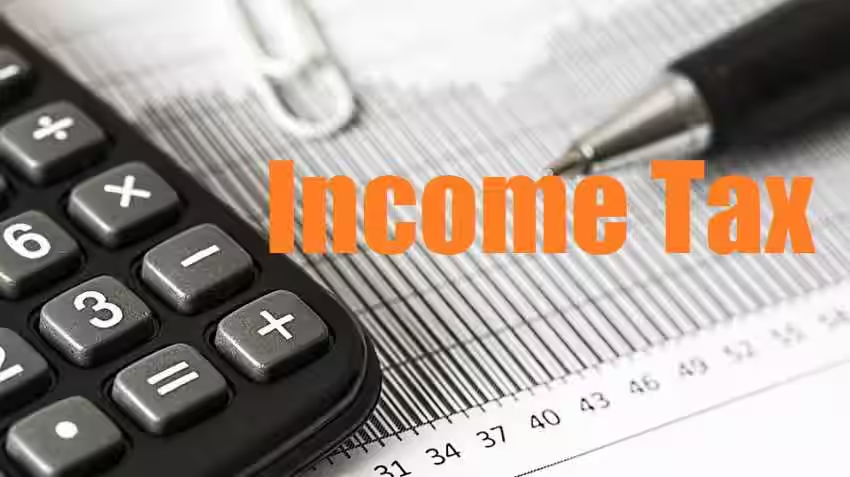Income Tax Department Cracks Down on HRA Claims

The Income Tax Department is intensifying its scrutiny of House Rent Allowance (HRA) claims, issuing notices to taxpayers who have claimed exemptions without fulfilling their Tax Deducted at Source (TDS) obligations. This move comes as officials seek to verify claims made in previous Income Tax Returns (ITRs), with a deadline for corrections set for March 31. Taxpayers are urged to ensure compliance to avoid penalties.
Understanding TDS Requirements for HRA Claims
Taxpayers claiming HRA exemptions must adhere to specific TDS regulations outlined in Section 194-I of the Income Tax Act. If tenants pay more than Rs 50,000 in monthly rent to a resident Indian landlord, they are required to deduct 2% TDS from the rent amount. This rate was previously set at 5% until October. The TDS obligation applies even if the rent exceeds Rs 50,000 for just one month, making it crucial for tenants to comply with these regulations. Failure to deduct TDS renders HRA claims invalid, regardless of the exemption claimed. Taxpayers must include the landlord’s Permanent Account Number (PAN) in the TDS challan. If the landlord’s PAN is missing or inactive, the TDS rate escalates to 20% under Section 206AA. For non-resident Indian landlords, the applicable TDS rate is 30%. Timely TDS payments are essential. For mid-year vacancies, payments are due within seven days after the month’s end. For full-year tenancies, payments must be made within 30 days of the financial year’s conclusion, irrespective of payment frequency.
Consequences of Non-Compliance
Non-compliance with TDS obligations can lead to significant financial repercussions. If TDS is not deducted, a monthly interest of 1% on the outstanding amount is applicable from the original due date. For delayed payments of deducted TDS, the interest rate increases to 1.5% from the deduction date to the deposit date. Additionally, delays in submitting Form 26QC can incur penalties under Section 234E, amounting to Rs 200 per day, capped at the total TDS amount. Taxpayers receiving notices from the Income Tax Department regarding incorrect HRA claims are encouraged to submit an updated ITR before the March 31 deadline to avoid further penalties. For legitimate claims where TDS has not been paid, full payment, including penalties, is mandatory.
Steps to Take if You Receive a Notice
If you receive a notice from the Income Tax Department, it is crucial to act promptly. For incorrect HRA claims, submitting an updated ITR before the March 31 deadline can help mitigate additional penalties. In cases of genuine claims with TDS non-payment, taxpayers must ensure full payment, including any applicable penalties. Section 201 of the Income Tax Act provides relief if the landlord has declared the rental income and paid taxes, as reflected in Form 26AS. To avoid being classified as a defaulter, tenants should obtain a chartered accountant’s certificate in Form 26A. If compliance verification is not feasible, all applicable taxes and penalties must be settled to avoid further complications. Taxpayers are advised to stay informed and compliant with TDS regulations to ensure their HRA claims remain valid and to avoid unnecessary financial burdens.
Observer Voice is the one stop site for National, International news, Sports, Editor’s Choice, Art/culture contents, Quotes and much more. We also cover historical contents. Historical contents includes World History, Indian History, and what happened today. The website also covers Entertainment across the India and World.

